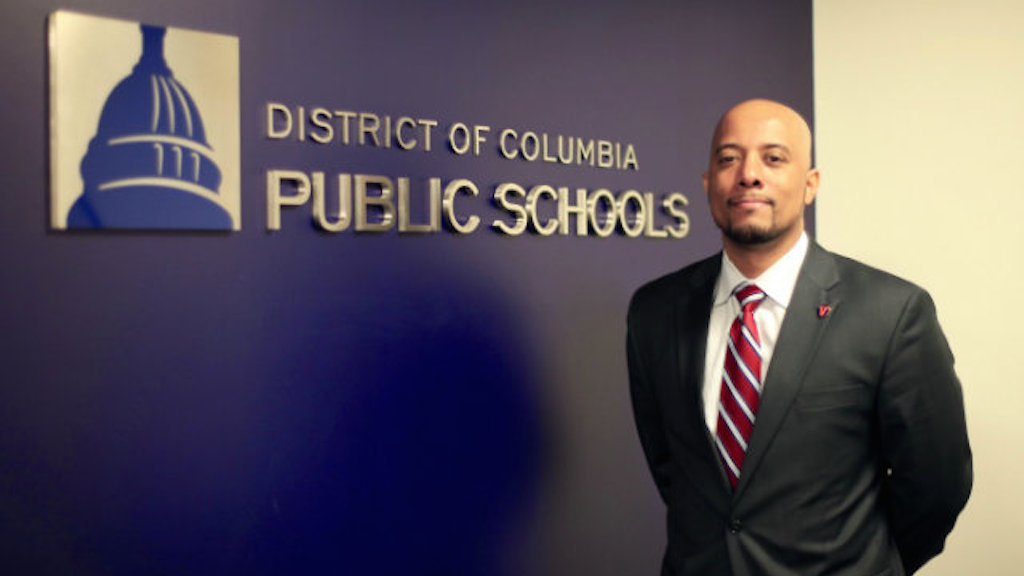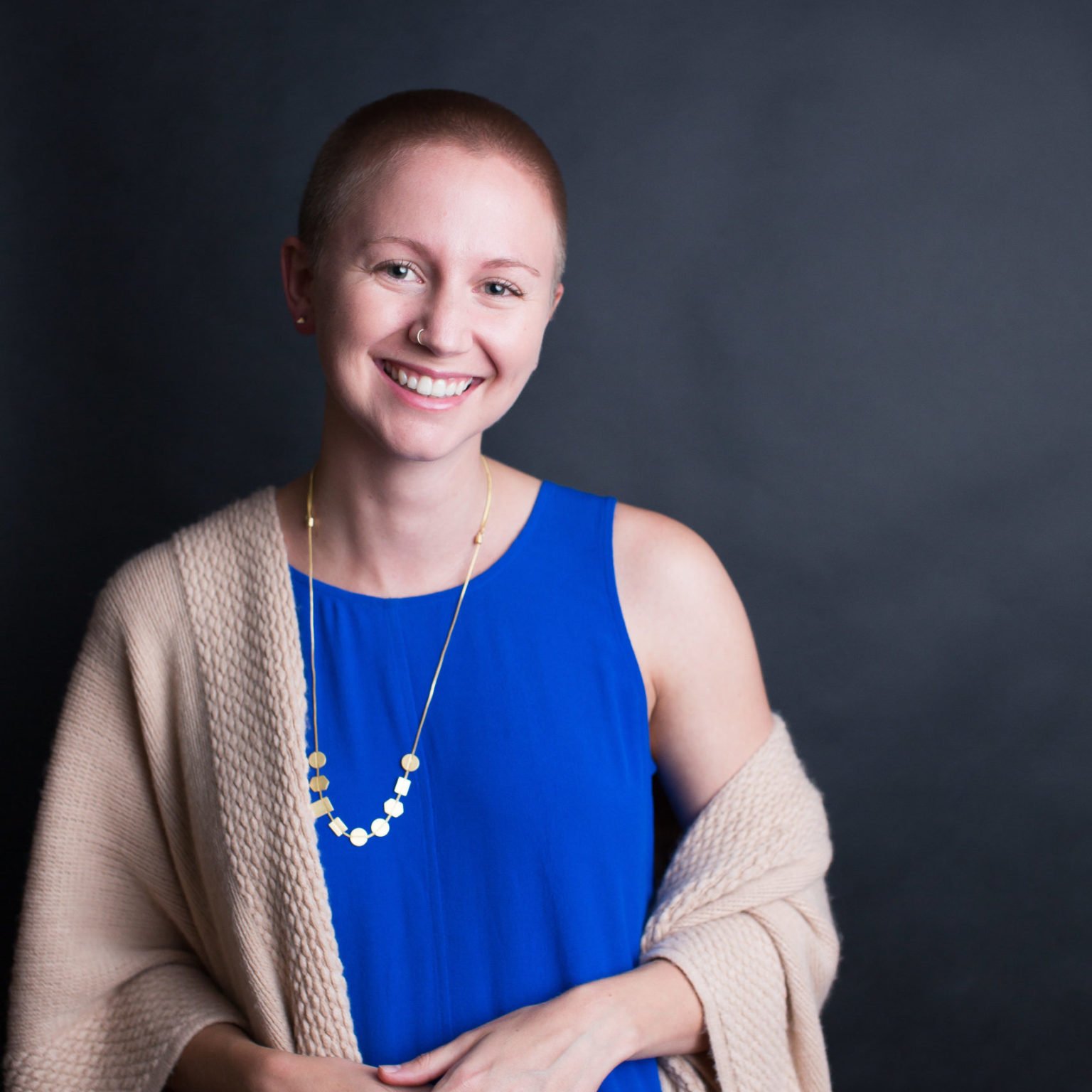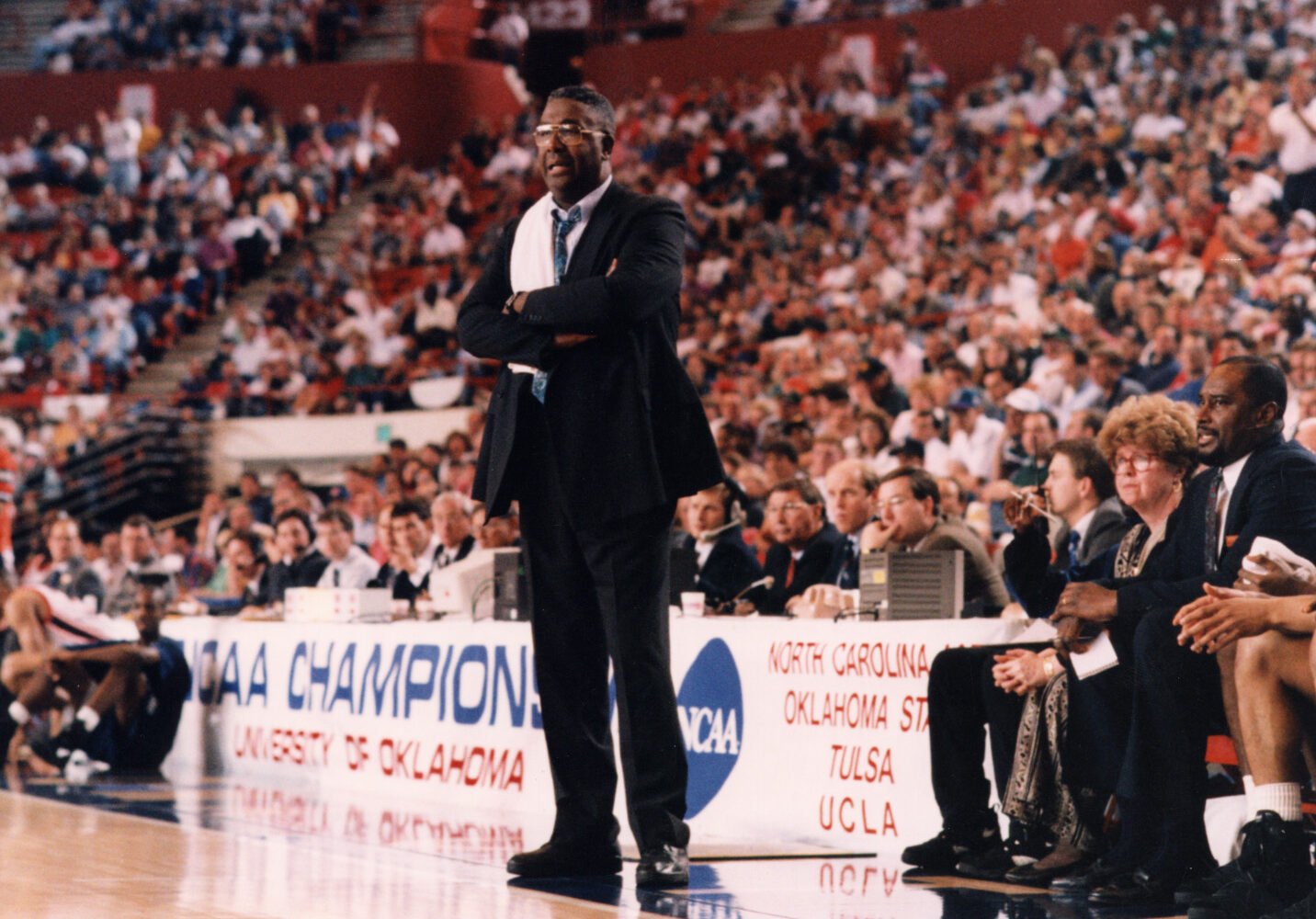When it comes to educating young men of color, DC is failing miserably. Black and Hispanic boys graduate at rates of 48 percent and 57 percent, respectively, compared to 82 percent of white boys. Nevada is the only other jurisdiction in the country with rates so low.
To help address this problem, the city is pumping $20 million in private funds into an “Empowering Males of Color Initiative” in which an all-boys school is at the center. Starting August 22, 150 ninth-graders will start classes at Ron Brown College Preparatory High School in Deanwood. The school will add a new freshman class each year until it reaches full capacity in 2020.
Since the school is public, there have been questions over whether it’s legal for the city to open a single-sex school for black boys without also creating one for black girls, whose graduation rates aren’t much better. Last year, D.C. Council member Mary M. Chen and the American Civil Liberties Union asked Attorney General Karl A. Racine to investigate the school’s legality. After looking into the program, Racine said it does not violate any anti-discrimination laws.
Washingtonian asked its 36-year-old principal Benjamin Williams about how he plans to address the city’s bleak education gap and how his own childhood story serves as a positive example for his students.
You’ve shared the story of your incredibly difficult childhood before…can you tell me about it? How has it affected your perspective as an educator?
I was a son of a prostitute. My mother left us when I was 4 years old and left me and my little brother. We went into foster care for about 8 years and foster care during that time was very difficult. Eventually, we were adopted, and it helped me have some stability and be successful in high school, which led to me going to the University of Virginia. But while I was there, I lost my little brother—he was killed, so that put me in a very dark space in life. But I think it also gave me some internal motivation to look for success and to better myself, and it gave me an opportunity to have a story to give back to young people. And so education is the career that I chose. I’m appreciative of my past because I think it has made me a stronger person, and it has given me some validity in the eyes of young people because they know that I’ve gone through some things as well. So I’m not just telling them that things are possible; I know they’re possible because I’ve overcome them myself.
Do you tell that story to the boys coming into the school?
I do tell the story. Up until this year, I was very selective for people I told the story to because at the time, I didn’t feel like it had as much of an impact on all young people as it did on young people who were going through some things. But then I realized there were some young people who just needed to hear that everybody struggles. And I want young men to see that this is a school for them, and that at least the person who’s leading the school knows struggle but has also shown grit and perseverance and that I am going to do everything in my power to make sure that they’re successful.
What is it about an all-boys environment that you think is beneficial for academic success that maybe a coed school can’t provide?
I want to be careful with that question, so I can just talk about the opportunity that it provides. We identified as a district that we have a problem. We’ve identified that only 48 percent of our African American and Latino young men are graduating from high school. And so this school came about because of that. We wanted to provide another resource in the city for young people, and it just so happens that it’s an all-male academy.
There’s also a statistic that only 13 percent of black males in the District read on grade level. How does the school plan to confront that statistic in the classroom?
We have a literacy focus this year. Our staff has been briefed that reading and writing will occur in every subject area. By the time they leave our doors in 2020, these young men should be able to compete against the brightest and the best. In order to do that, we have to exhaust every resource in order to catch them up, but still hold them to the highest of expectation. I believe that if you put the expectation out there, they will try to rise to it. We may have to lift a few students to get them there, but they will want to rise to that expectation.
Surely the boys coming into the school are aware of the political climate following the recent shootings of young black men. Is that something that you plan to address within school walls?
Absolutely. And we would do that for all young men regardless of race, ethnicity, religious background. It’s about making them aware. And giving them a safe space to actually have conversations about it. For us, we want to make sure that we bring in all aspects of current events, not just the negative aspects of young men of color being killed and that image being on television a lot more frequently or in social media. But we have to be able to talk about everything. And for well-rounded young men, they should be aware of current events, and so we want to be able to build that space and over time, get to the point where we have candid conversations about what this makes them feel like and how they’re going to take this and learn from it and take it to their communities in order to improve their communities.
Correction: An earlier version of this article incorrectly stated that the $20 million “Empowering Males of Color Initiative” was taxpayer-funded. It is privately-funded.



















